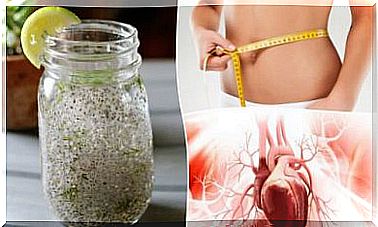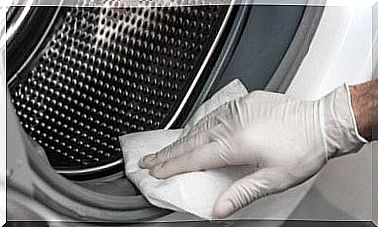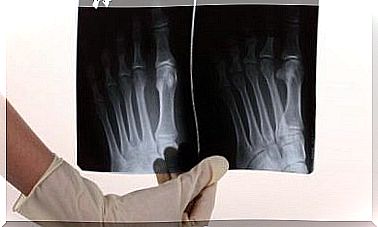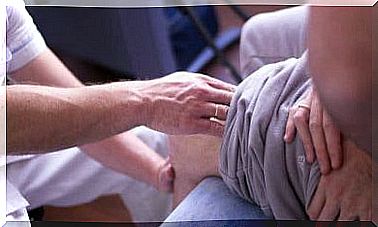Symptoms And Treatment Options For Reflux Esophagitis
Regardless of whether the symptoms occur only occasionally or regularly, a healthy diet, regular eating habits and avoidance of stress are very important to prevent reflux esophagitis.
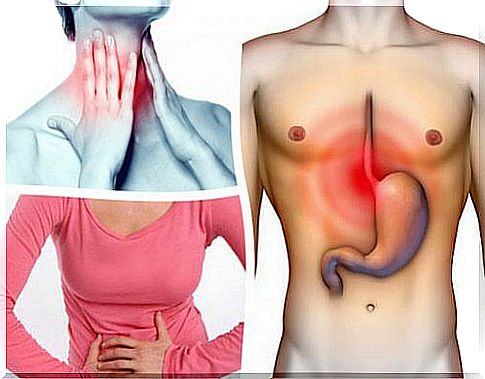
Today we want to tell you more about the symptoms and treatment options for reflux esophagitis. This digestive disorder is becoming more and more common. This leads to a burning sensation and discomfort in the stomach and esophagus. Symptoms of reflux esophagitis usually appear after eating or drinking.
You may have this disorder without knowing it. In this post, you’ll learn about treatment options for reflux esophagitis, including some natural home remedies to help manage symptoms.
What is reflux esophagitis?
To better understand this disorder, let’s first analyze the meaning of the term itself: “reflux” means reflux, “esophagitis” means esophagitis.
In a healthy body, the digestive process is made possible by the action of various muscles and acids. The sphincter, which is located at the opening of the stomach, remains closed so that the acidic digestive juices do not get into the esophagus, where they can cause discomfort.
However, if the sphincter does not close properly, gastric juice and thus solid or liquid food particles can flow back into the esophagus.
The remaining feeling is similar to vomiting: an unpleasant taste, burning sensation in the chest and mouth or difficulty swallowing can result.
If this happens several times a month or week, you have reflux esophagitis, also known as reflux disease, esophagitis, or GERD (gastroesophageal reflux disease) for short.
How does reflux esophagitis occur?

The most common causes of reflux disease that occurs (shortly or slightly longer) after eating are:
- Hiatal hernia, which presses on the upper part of the stomach and pushes the esophageal sphincter (sphincter), allowing stomach acid to reflux.
- Various drugs, such as aspirin, anticholinergics, high blood pressure drugs, bronchodilators or dopamine. Each of these medicines have different effects on the esophagus and stomach.
- Bad eating habits: irregular mealtimes, very spicy and irritating foods, a diet high in convenience foods or fast food.
- Pregnancy: Many women suffer from reflux symptoms only during pregnancy because the baby’s weight presses on the stomach, making the esophageal sphincter open more easily. If this is the case for you, you should be careful as the symptoms may persist even after you are pregnant.
- Obesity: Similar to pregnancy, the food you eat and the belly fat exert too much pressure and therefore cause the food to flow back into the esophagus.
- Tension and stress, as well as anxiety, financial problems, pressure, or nervousness can also cause reflux symptoms. This leads to stomach discomfort, tension and an imbalance that can lead to gastric acid or food debris flowing back.
The most common symptoms of acid reflux disease are:
- Burning sensation and pain in the chest (heartburn)
- Regurgitation (backflow of solid or liquid food into the esophagus),
- Difficulties swallowing,
- Pain that could be mistaken for a heart attack,
- Belching,
- Feeling of fullness after eating,
- Nausea,
- Hiccup,
- Sore throat (in the larynx and throat),
- Hoarseness,
- the feeling of having a foreign body in the throat,
- night cough,
- Bronchoconstriction (bronchial constriction),
- internal bleeding,
- Anemia.
Natural Treatment Options For Reflux Esophagitis?

Healthy eating habits are of the utmost importance to alleviate this disease. You should definitely avoid the following foods:
- Coffee,
- Soft drinks,
- Chocolate,
- Tomato sauce,
- Alcohol,
- Vinegar,
- animal fats (sausage products),
- strong spices,
- Mustard,
- Pepper,
- Chilli and
- Milk and milk products.
You should also observe the following recommendations in order to alleviate the symptoms:
- Do not engage in physical activity after eating (it is best to sit down or take a short walk).
- After eating you shouldn’t lie down and
- also do not bend.
- Do not carry heavy loads after eating and
- don’t eat too fast.
- Chew all foods well.
- You should avoid discussions and long conversations while you are eating.
- If you’re angry or disappointed, you’d better wait to eat.
- Do not drink sugared drinks with your meal.
- Quit smoking if you are a smoker.
- You should have dinner as early as possible. Make sure you only eat light meals in the evening.
- You should be on a diet to lose weight.
- Practice yoga or meditation.
Foods that are also allowed in people with reflux disease
You already know all the forbidden foods. Then we list foods that you can include in your menu:
- Fresh salads,
- natural juices,
- plant-based milk (made from rice, oats, almonds or millet),
- Probiotics (yogurt or kefir),
- Bee honey,
- Dried fruits (ground),
- Herbal teas (especially comfrey root, diamond or gentian),
- Cardamom,
- Ginger,
- water and
- Basil.
Natural Remedies as Treatment Options for Reflux Esophagitis
You know which lifestyle habits are recommended and which ones you should better avoid. The following home remedies are recommended as treatment options for reflux esophagitis :
Apple Cider Vinegar
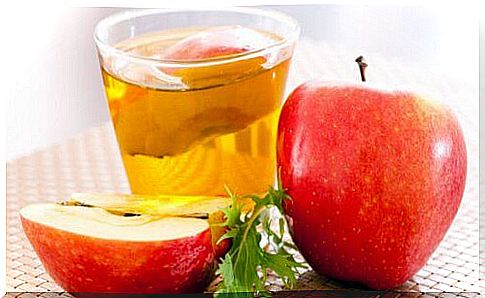
Mix one tablespoon of apple cider vinegar (15 ml) with a glass of water (200 ml) and drink this mixture before meals to calm the stomach and aid digestion. You can also drink this mixture after you eat, it helps very quickly.
Baking soda
Soda has a number of very interesting properties. We recommend using the white powder as a natural antacid to relieve stomach pain, gastritis, and reflux. Simply stir a tablespoon of baking soda in a glass of water and drink it as soon as possible (before bubbles form).
Aloe vera juice
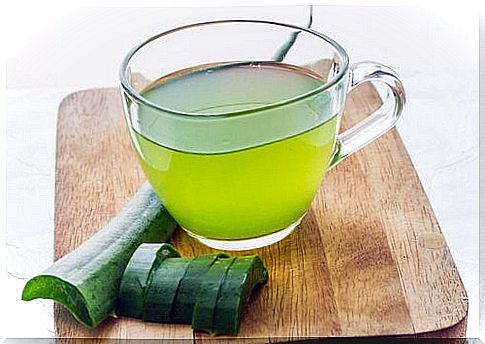
Still don’t have an aloe vera plant at home? What are you waiting for? This natural remedy can be used to treat a wide variety of complaints. Aloe vera is also one of the treatment options for reflux esophagitis.
Dissolve the gel of one leaf (about 30 g) in half a glass of water (100 ml) and drink the mixture as soon as you experience unpleasant symptoms.
